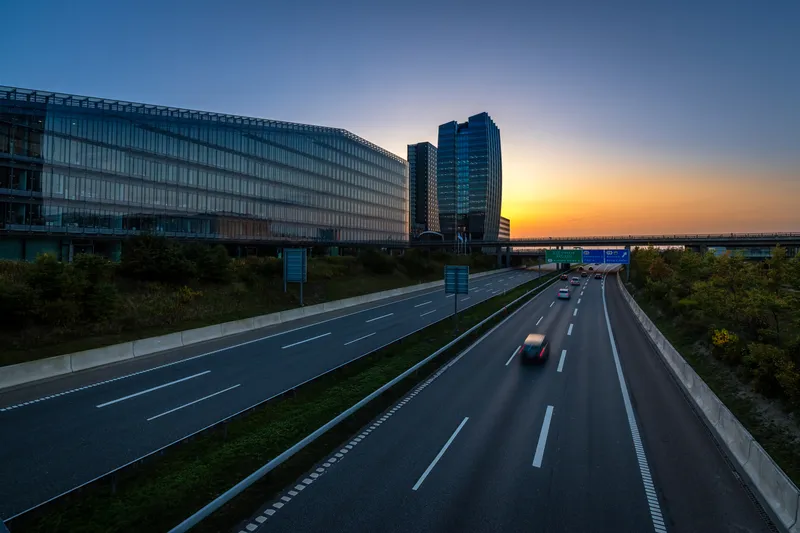Kapsch TrafficCom has delivered and installed weigh-in-motion systems at four stations on two highways in Kazakhstan. The project comprises high-precision weighing modules as well as the associated rear licence plate detection system.
The system, developed by Kapsch, allows the weighing of vehicles even while travelling at full speed. Sensors detect whether a vehicle exceeds the maximum allowed weight, while additional sensors identify the vehicles’ licence plates. The data is transmitted and evaluated
September 26, 2013
Read time: 1 min
The system, developed by Kapsch, allows the weighing of vehicles even while travelling at full speed. Sensors detect whether a vehicle exceeds the maximum allowed weight, while additional sensors identify the vehicles’ licence plates. The data is transmitted and evaluated in real-time, enabling overloaded vehicles to be detected without impeding the flow of traffic.
“We are very pleased about this order since it shows the great potential of this new system, introduced only in the past year,” says Erwin Toplak, COO of Kapsch TrafficCom. “We also hope to have the opportunity to demonstrate our competence in future projects in Kazakhstan.”
A further eighteen weigh-in-motion stations are planned in parallel with the current project.










